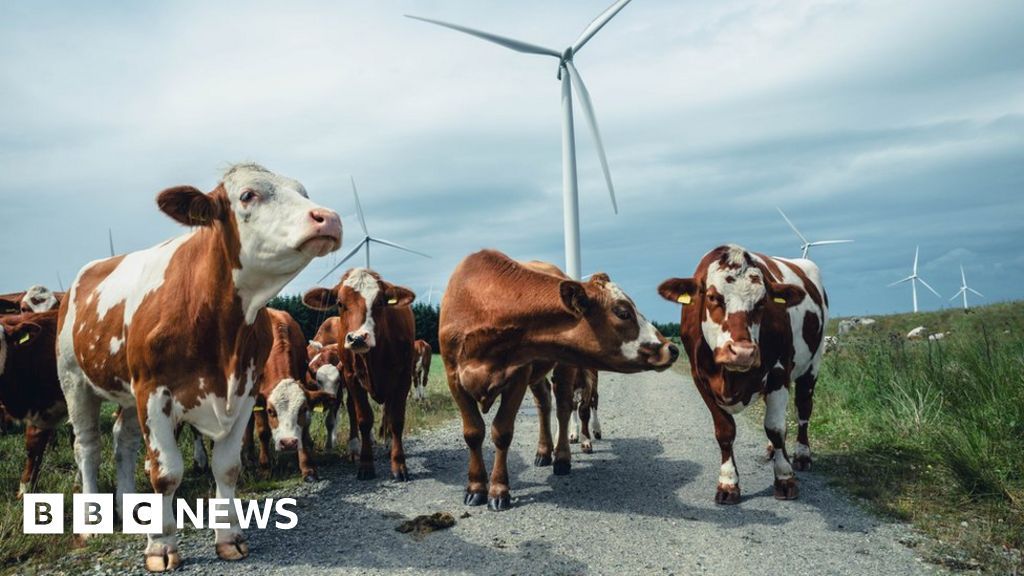UK and World Struggle to Meet Net Zero by 2050 as Emissions Record Reaches New Heights

The UN has called on nations to cut carbon dioxide emissions to "net zero" by 2050 to meet international climate targets, but many countries are struggling to achieve this goal. According to the Intergovernmental Panel on Climate Change (IPCC), nearly all greenhouse gas emissions need to be eliminated by 2030 and reach net zero by 2050 to limit global temperature rises to 1.5C.
This ambitious target means no longer adding to the total amount of greenhouse gases in the atmosphere, but it doesn't mean eliminating all emissions completely. Instead, remaining emissions need to be actively removed from the atmosphere through natural or human-designed methods. Natural ways include planting trees and restoring peatlands, which can absorb massive amounts of CO2, while human-designed technologies like carbon capture are being developed as a stopgap measure.
Despite international commitments, greenhouse gas emissions remain at record highs, making it increasingly difficult to meet the net zero target.
The UK is working towards its 2050 goal with a series of pledges, including increasing taxes on fossil fuels and setting out stricter regulations for industries such as banking and energy. However, other countries are also vowing to reach the net zero target.
China has pledged to lead world-wide in renewable energy production by 2060, while the US aims to boost clean technologies through its Inflation Reduction Act package. The EU has announced its own green investment package, the Net Zero Industry Act, and Russia and India have agreed to achieve net zero targets of 2060 and 2070 respectively.
However, critics argue that some countries are relying on loopholes or cheap imports instead of reducing their own emissions. Schemes that enable countries or companies to offload environmental costs onto others by paying for reductions elsewhere are also raising concerns about effectiveness and transparency.
As the world struggles to come together around the net zero target, individuals could soon be expected to take a bigger role in reducing greenhouse gas emissions through lifestyle changes and technological innovation.
The question is, what does this mean for us? As governments, companies, and industries struggle to make drastic cuts to fossil fuel use, we can expect greater calls on citizens to reduce energy consumption and adopt zero-carbon lifestyles.
